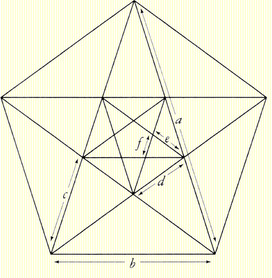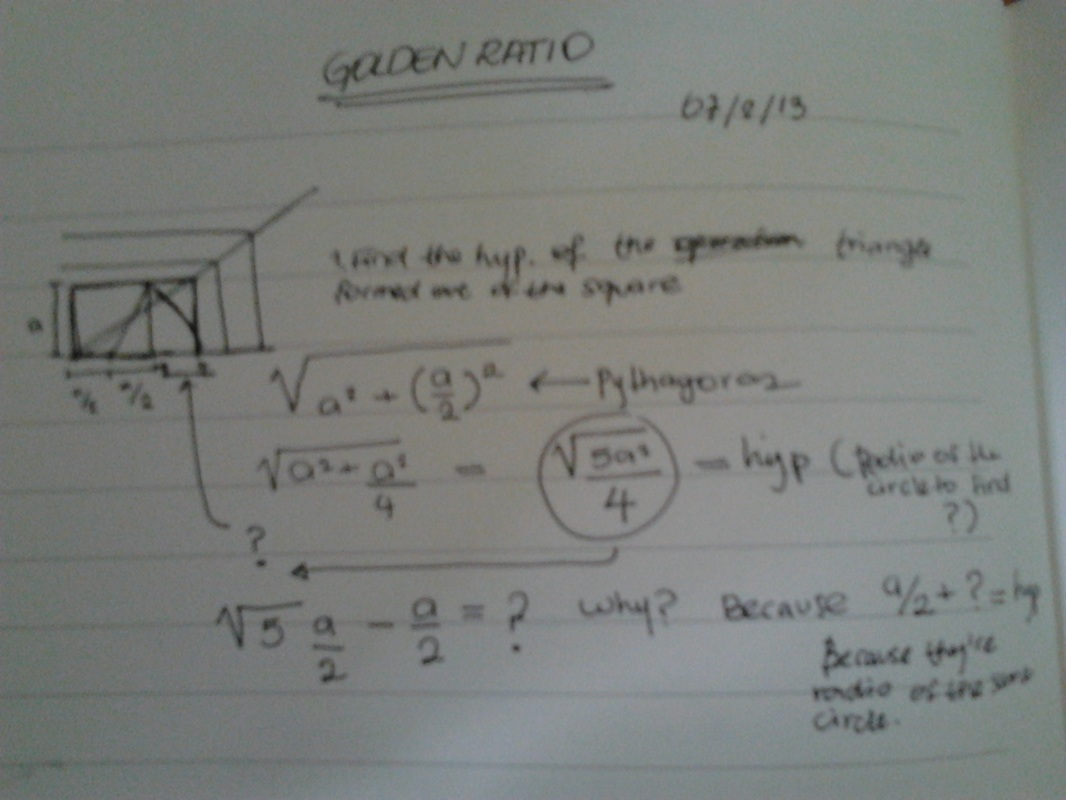So for this dialogue we had as special guest Juanma Bonifasi, the founder of Acton Academy. AA is a school that resembles the culture of learning that we have in MPC but for younger humans.
The conversation was based in a reading by Keith Raniere and Ivy Nevares. The text describes us the problem of the current educational system and what is its major components, in terms of we are not correct when we think the schools are actually transforming "immature children" into "mature, educated people". After that, the writers introduce us two different concepts: "Inductive" and "Deductive" learning. These two paragraphs might give you a perspective of what the authors want to clarify: Induction is a process by which a stimulus leads something to a course of action, however the stimulus is not - in whole or in part - the "thing" itself. Most modern education systems promote the opposite, deductive process, which consists of deriving specifics from general principles. Too much deduction atrophies the mind, making it greedy for "fast knowledge" and sluggish with respect to critical thought and examination. This kind of mind is easy prey for corrupt systems wishing to control though the misuse of information - whether it be media, society, religion, government, etc. If people are brought up accepting premises on blind faith, why should they not believe everything they hear and read? For this I had terrible thoughts of where humanity is moving towards. I mean, we're all learning to do things so quickly and we're not dreaming big. Like Peter Thiel mentions, we dreamed of flying cars and now we have 149 characters. That's absolutely legit because this was pure evolution of what appeared to have more value to humanity by this time. But are we really learning and being ethically conscious of what we're doing? Is the educational system turning us into this? Oh YES. We're learning to obey and to be little. When we can be great. But also, the writers don't disprove at all the deductive model. At the contrary, it can be absolutely useful when seeking to understand something. But the collecting of data ideally, should be genuine. So my first morning meeting consisted in presenting this amazing video, which I actually loved from the first moment I watched it. I am amazed and excited about the evolution of culture, and the emotional and personal part of it is something that scientists and artists keep wondering about.
In this video, Michael Tilson Thomas talks about the "passing on" part of music. First it was encoding through score, now we encode through recording and listening. These are really different ways of documenting information, and for that I am really interested because it is implies the way that our instinct and intelligence have a dialogue, according to Tilson Thomas. For me, this video was absolutely interesting, though for my peers I don't know because I didn't hear their opinions. It's exciting for me how we have reflected, by listening wavelengths through time, how our lives are in certain time and space. "Nostalgia de la Luz" is an interesting documentary that talks about the different types of research in Atacama desert. There are different types of quests.
First of all, the Atacama desert is an isolated place at the south of Chile. It has zero level of humidity, but it's the best place in earth to look at the skies. So, one of the searches there is finding and discovering new things on the celestial bodies. On the other hand, native cultures used to pass through this desert with their lamas. And, here is also the tomb of the rebels during Pinochet's dictatorship. Because of the latter, there are women searching for the bodies of the dear ones in the vast desert. But at the end, they're all looking into the past. "We're always looking into the past" said one astronomer in the documentary. "The present doesn't exist." But one past is full of blood, the other is full of stardust. But also, these stars are made of the same matter that we, humans are made of. On this I would recall Sagan's famous quote "we're made of stardust". "Nostalgia" is actually a word that has a meaning that implies looking into the past. This whole documentary (even having the experience) is looking into the past. And reading it. Even in the most "dead" desert! |


 RSS Feed
RSS Feed